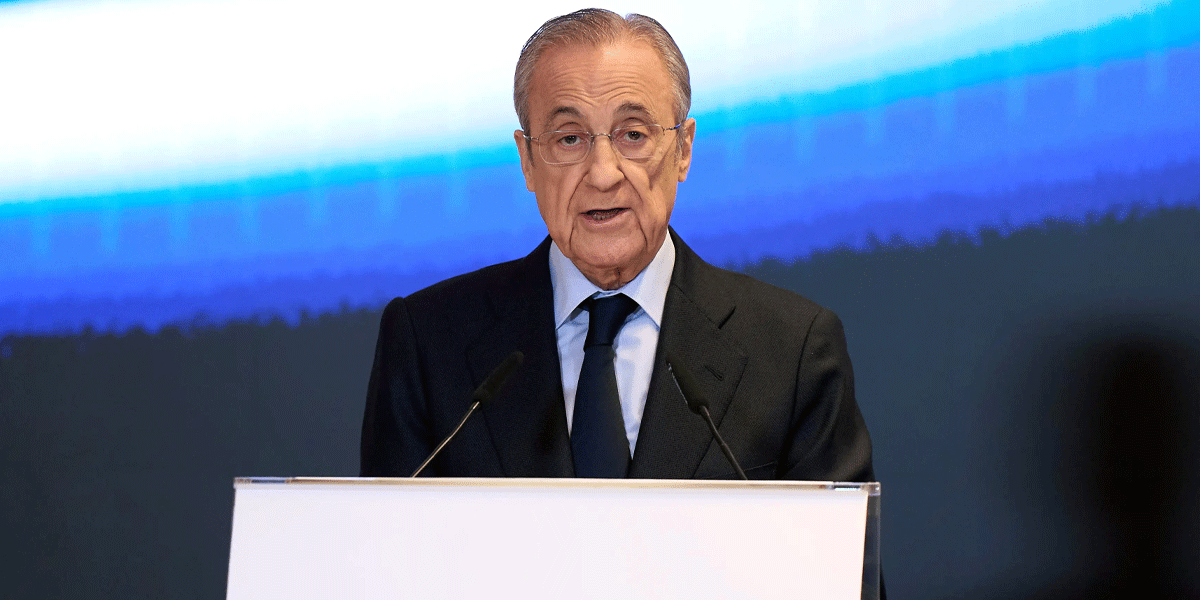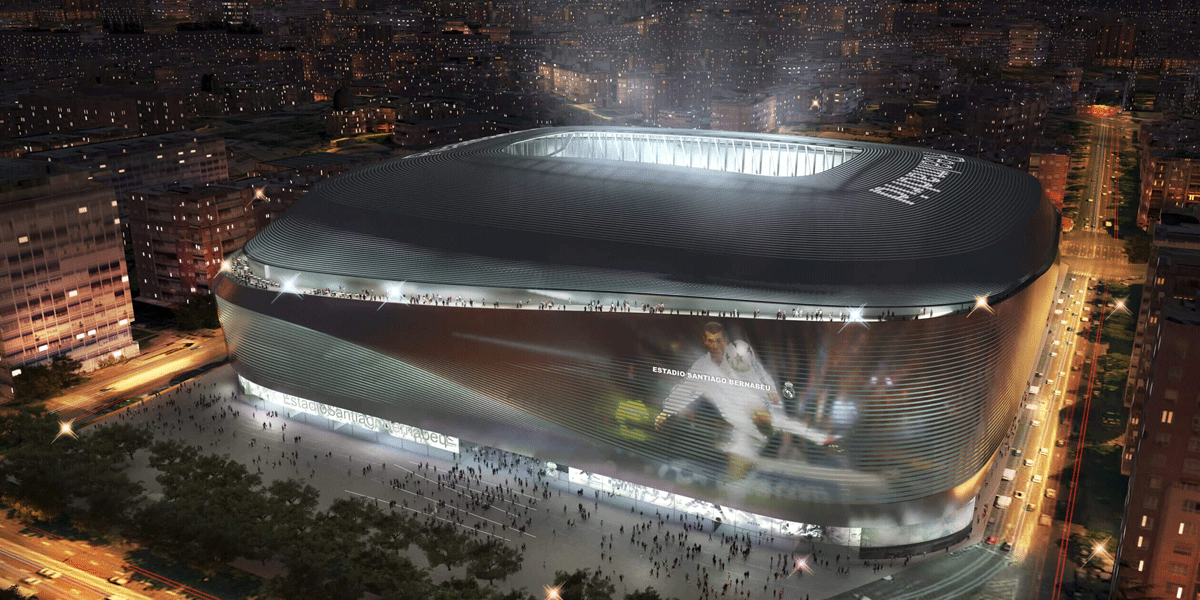Real Madrid president Florentino Perez has announced major changes to strengthen the club’s financial future. After already securing €360 million from selling 20% of future Bernabeu profits, he now plans to sell around 10% of a brand-new commercial company. Below you will see information about is news which has been summarized The Football Insight.

This move aims to raise between €500 million and €1 billion while keeping Real Madrid member-owned. Perez says the plan is designed to “protect us as an institution” and ensure the club remains in the hands of its socios. The push for investment comes as Madrid’s structure faces limitations under Spanish law.
Unlike German clubs that follow the 50+1 rule, Real Madrid cannot adopt that model. Instead, Perez is exploring a system of subsidiaries that allow financial participation without affecting sporting control. The new commercial entity will operate separately from the first team, academy, and sporting decisions, which remain fully controlled by the members.
Perez told club members that modernising the organisational structure is essential for long-term stability. With football becoming more competitive and financially demanding, he believes this controlled investment model will ensure Real Madrid can continue growing without becoming a public limited sports company.
Advisors Shape the New Corporate Model
To execute this plan, Perez is working closely with advisors such as Anas Laghrari, Key Capital Partners, and Clifford Chance. The model mirrors the 2021 creation of Real Madrid Estadio SL, the company that manages Bernabeu operations. The new commercial arm will handle sponsorships, events, marketing rights, and stadium business, giving investors access to commercial profits without influencing sporting matters.
This structure keeps the identity of the club intact. Perez wants to avoid the transformation that Barcelona underwent when they created multiple commercial entities to survive financial collapse. Unlike Barca’s desperate “levers”, Madrid’s approach is more controlled and protective. Any shares created will be distributed for free to existing socios, making them membership rights rather than tradeable stock.
With Bernabeu expenses now reaching €1.347 billion far above the original €575 million estimate Madrid needs new liquidity. Inflation, global conflicts, and costly stadium upgrades such as the retractable pitch and acoustic enhancements pushed costs higher. Controlled investment is now necessary to stabilise finances.
Read Also: Germany and the Netherlands Seal World Cup Berths in Dominant Final-Day Performances
Stadium Debt Forces Strategic Action

The financial pressure surrounding the renovated Bernabeu has intensified. As of June 2025, Real Madrid holds €1.132 billion in loan debt linked to the stadium. Although the modernised arena offers huge commercial potential, the short-term financial weight is enormous. Perez’s plan aims to ease that burden without compromising club ownership.
The club is also studying a partial separation between sporting and commercial operations. This would allow investors to hold minority stakes only in the commercial side while the sporting structure remains untouched. Perez believes this hybrid model offers long-term protection against political, legal, or market instability that could threaten the club’s independence.
Real Madrid insists that members will always remain the ultimate decision-makers. The new company will remain majority-owned by the club, ensuring no outside investor can influence football decisions. For Perez, preserving Real Madrid’s identity is just as important as raising capital.
Next Steps: Legal Checks and Member Approval
The next major step is the extraordinary assembly, where socios will vote on the restructuring plan. Advisors are finalising the legal framework to ensure compliance with Spanish sports law. Importantly, all commercial revenue must still be reinvested into football activities, meaning no dividends can be distributed to investors.
If the plan is approved, Madrid will formally establish the new commercial subsidiary and decide which assets it controls. The club will then begin speaking with potential long-term partners interested in global sports investments. Perez wants committed, strategic investors not short-term financial firms helping secure Real Madrid’s future.
In a football world dominated by state-owned clubs and global investment giants, Real Madrid’s move is designed to keep the club competitive while safeguarding its member-owned identity. Perez’s strategy aims to ensure that Real Madrid stays powerful, independent, and financially secure for decades to come. Follow footballcoasters.co.uk for weekly deep dives into football’s biggest story.